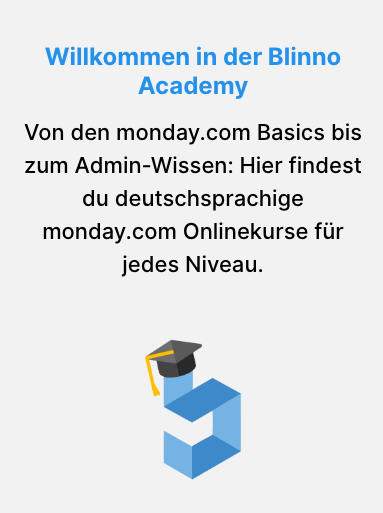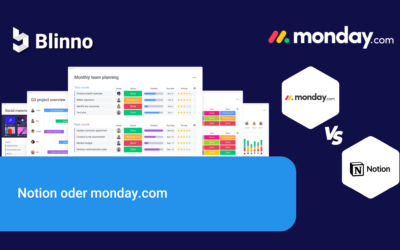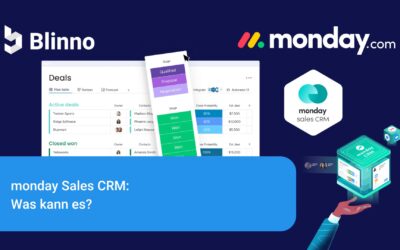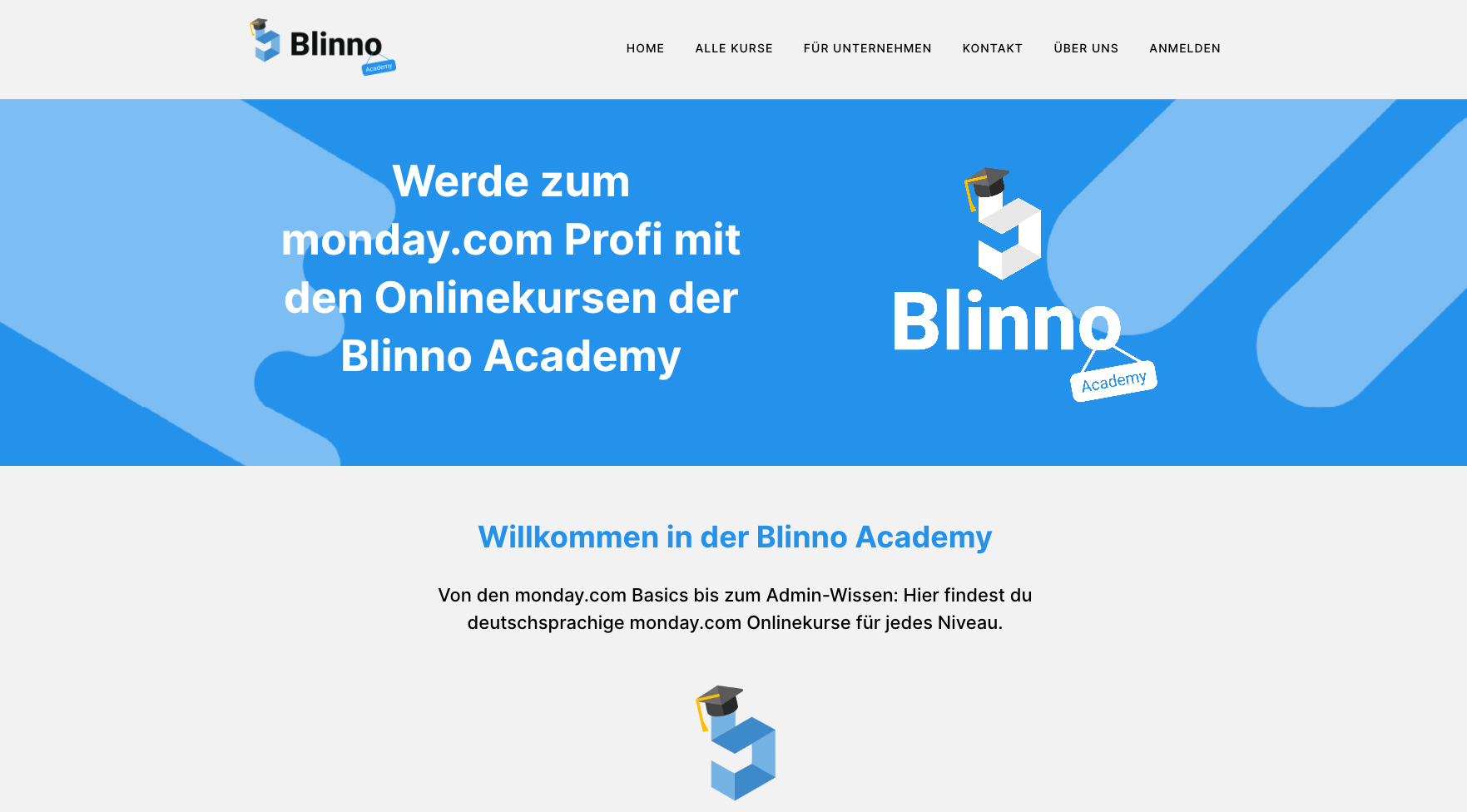In today’s digital business world, effective Customer Relationship Management (CRM) is crucial to maintaining customer relationships and increasing sales. There are many CRM providers on the market, but two of the best known are monday Sales CRM and Salesforce. In this article, we will compare the pros and cons of these two platforms to help you decide which one is better for your business.
monday Sales CRM vs. Salesforce
Both monday Sales CRM and Salesforce are cloud-based platforms that help companies manage their business and automate processes related to customer service, sales, analytics and more.
We will compare both platforms and highlight their features so that you can decide which one best suits your specific requirements.
monday Sales CRM
monday Sales CRM is an emerging CRM platform that focuses on simplifying sales processes and improving team collaboration. Here are some of the key features and pros and cons of monday Sales CRM:
Advantages:
- Ease of use: monday Sales CRM is known for its ease of use. It offers an intuitive user interface that is easy to learn and allows your team to be productive quickly.
- Adaptability: monday Sales CRM is highly customizable and can be adapted to the specific requirements of your company. You can configure workflows, dashboards and reports as you wish.
- Team collaboration: The platform promotes collaboration between team members. You can assign tasks, track status updates and communicate in real time.
- One platform: Many other processes such as project management, customer care or HR can be mapped in monday.com. This means that employees do not have to leave the platform and license costs can be saved.
Disadvantages:
- Scalability: monday Sales CRM may be better suited to small and medium-sized companies. Large companies may lack some advanced functions.
- Integration: Although monday Sales CRM offers a number of integrations, it cannot quite keep up with Salesforce in this respect as yet.
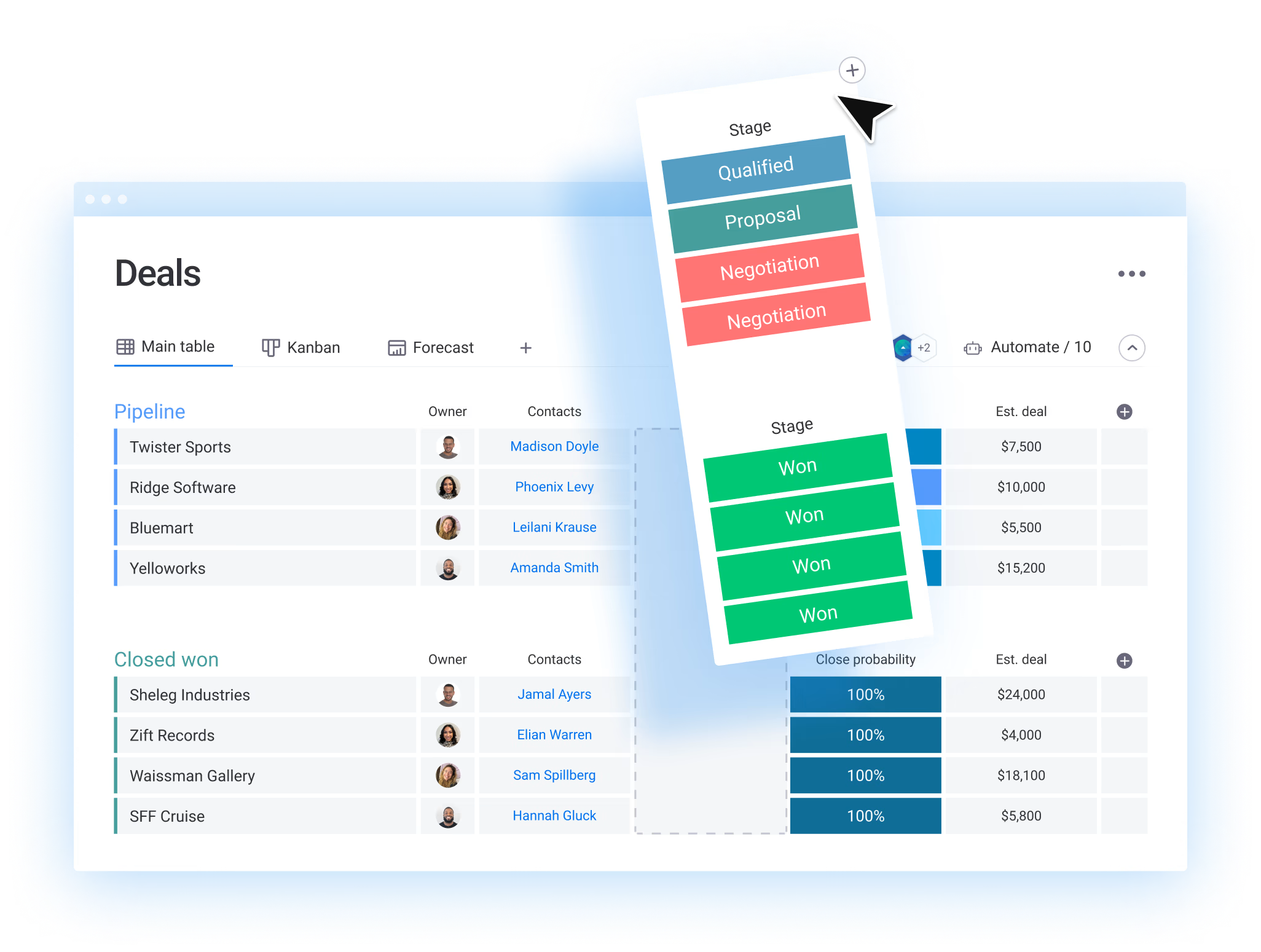
Salesforce
Salesforce is one of the industry leaders in CRM and offers a wide range of functions and solutions. Here are some of the advantages and disadvantages of Salesforce:
Advantages:
-
Extensive functions: Salesforce offers a comprehensive suite of CRM tools ranging from sales and marketing to customer service and analytics.
-
Scalability: Salesforce is extremely scalable and can meet the requirements of companies of any size.
-
Integrations: Salesforce offers a wealth of integrations with other enterprise applications and tools, facilitating seamless collaboration.
Disadvantages:
-
Complexity: Due to its extensive functionality, Salesforce can be complex for new users. Training can take more time.
-
Cost: Salesforce can be expensive, especially for smaller companies with limited budgets. The costs relate to one-off and ongoing maintenance and license costs.

monday Sales CRM vrs. Salesforce
This table will help you to better understand the key differences between monday Sales CRM and Salesforce and to choose the right CRM platform for your company.
| Criterion | monday Sales CRM | Salesforce |
|---|---|---|
| User-friendliness | Very user-friendly, with an intuitive user interface. | Can be complex and may require a longer training period. |
| Adaptability | Highly customizable and can be easily adapted to the needs of your company. | Offers a comprehensive suite of functions and is extremely scalable. Making the adjustments is demanding and usually has to be done by a specialist. |
| Team collaboration | Promotes collaboration through task assignment, status updates and real-time communication. | Supports team collaboration, but may require more complex processes. |
| Scalability | Well suited for small and medium-sized companies. | Suitable for companies of any size. |
| Integration | Offers some integrations, but possibly less than Salesforce. | Offers a wide range of integrations with other enterprise applications. |
| Costs | Generally more cost-effective, especially for smaller companies. | Can be more expensive, especially for more extensive implementations. |
Integration of monday.com with Salesforce
If you already have a monday.com account, you can opt for the Salesforce integration.
The integration of monday.com and Salesforce provides companies with a seamless connection between two important business platforms. This integration opens up many possibilities for optimizing business processes and increasing efficiency in the areas of sales, customer service and project management.
Advantages of the monday.com and Salesforce integration:
- Automated data transfer: The integration enables the automatic synchronization of data between monday.com and Salesforce.
- Efficient sales processes: Sales teams can benefit from a smooth integration by seamlessly transferring certain data between Salesforce and monday.com. This enables more efficient management of sales processes and projects.
- Better project management: The integration makes it easier to assign tasks and projects in monday.com to the relevant customers in Salesforce. Teams can track projects more effectively and ensure that nothing is overlooked.
- Real-time collaboration: Teams can collaborate in real time in both platforms and see updates in real time. This promotes communication and cooperation across departmental boundaries.
- Better customer experience: The integration gives customer service representatives access to up-to-date customer data and allows them to respond to customer queries faster and more accurately, resulting in a better customer experience.
Would you like to integrate monday.com with Salesforce?
Find out more in our blog “Salesforce integration on monday.com: A step-by-step guide“ or contact us and we will help you integrate your tools.
Which CRM platform is the better choice?
The choice between monday Sales CRM and Salesforce depends on the specific requirements of your company. If you’re looking for a user-friendly, customizable and cost-effective solution that’s particularly suitable for smaller businesses, monday Sales CRM could be the right choice.
On the other hand, if your business is already large or growing and you need a comprehensive CRM platform with a wide range of features and integrations, then Salesforce could be an option, although the higher cost and learning curve need to be considered.
At the end of the day, it’s important to consider your specific requirements and budget to make the right decision. Both platforms have their strengths and weaknesses, and the choice should be based on a thorough analysis of your business needs.


